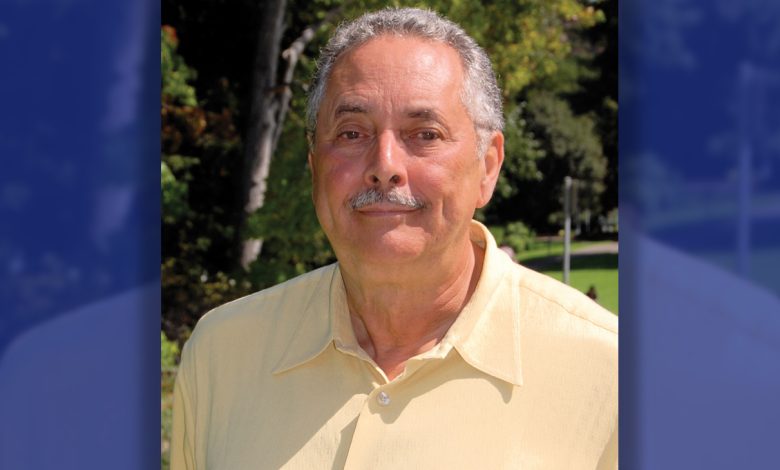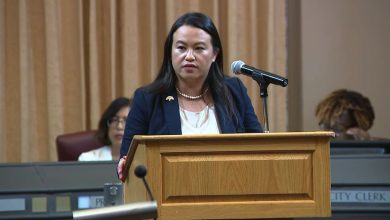Robert L. Allen, 82, Leaves Legacy of Civil Rights Activism and Scholarship

By Ken Epstein
Robert L. Allen, historian scholar, and civil rights activist, died on July 10 at 82. One of his important works, “The Port Chicago Mutiny,” played a significant role in the struggle that ultimately led to the exoneration this month of the African American sailors who were convicted of mutiny during World War II for going on strike following a deadly munitions explosion that claimed the lives of hundreds.
Born in Atlanta, Georgia, on May 29, 1942, Allen learned at an early age about social responsibility from his parents, who were community activists, developing a lifelong commitment to social justice.
Allen was 13 when Emmett Till, who was 14 when he was brutally murdered in Mississippi in 1955. “This s when I realized that the white people were not only dangerous, but they were dangerous to all of us, including me, because he was my age,” Allen said in an interview quoted in the New York Times.
He graduated from Morehouse College with a Bachelor of Arts in 1963, where he was a member of Alpha Phi Alpha fraternity. He earned a Ph.D. in sociology in 1983 from the University of California. He doctoral research on racial dynamics within labor movements laid the basis of some his later work.
Dr. Allen served as a professor and chair of the ethnic studies department at Mills College in Oakland. In 1994, he was hired as a professor of ethnic student and African American studies at UC Berkeley.
Allen’s book, “The Port Chicago Mutiny” was published in 1989, thoroughly researching the 1944 explosion at the Port Chicago Naval Magazine in the San Francisco Bay Area, which killed 320 men, most of whom were African American. The book documented the strike of the surviving African American sailors against hazardous and segregated working conditions, and the Navy’s subsequent harsh punishment of the sailors, exposing racial discrimination in the military and society at large.
Allen brought to light this buried history and advocated for justice for the Port Chicago 50, who after 80 years were finally exonerated by the Secretary of the Navy on July 17, 2024, shortly after Allen died.
His research focused on the systemic roots of oppression and examined the interconnected struggles of marginalized communities. His books included:
“Black Awakening in Capitalist America: An Analytic History” (1969),
which examines the rise of Black Power movements and the economic conditions that impacted them;
“Reluctant Reformers: Racism and Social Reform Movements in the United States” (1974), which analyzes the history of social reform movements in the U.S. and their contradictory approach to racial justice;
“Brotherman: The Odyssey of Black Men in America” (1996).
Co-authored with Herb Boyd, these are essays and stories exploring the experiences faced by African American men throughout history. The book delves into various aspects of the Black male experience in America.
“The Brotherhood of Sleeping Car Porters: C.L. Dellums and the Fight for Fair Treatment and Civil Right.” This book delves into the history of the Brotherhood of Sleeping Car Porters and the role of C.L. Dellums in the fight for civil rights and labor equality.
Dr. Allen was also senior editor and writer for The Black Scholar journal and co-founded the small press, Wild Trees Press, with Alice Walker, with whom he was in a relationship at the time.
Allen is survived by his wife Zelia Bora; son, Casey Allen; sisters, Damaris Kirschhofer, Teresa Coughanour, and Rebecca Allen; and three grandchildren.
Yulie Padmore, executive director of a group called the Port Chicago Alliance, gave Allen credit for his steadfast work for justice for the Black sailors.
“Without his work, we wouldn’t know what we know today,” she said in an interview with the New York Times. “We wouldn’t be here without him talking to the men and hearing what they wanted to say all along.”





